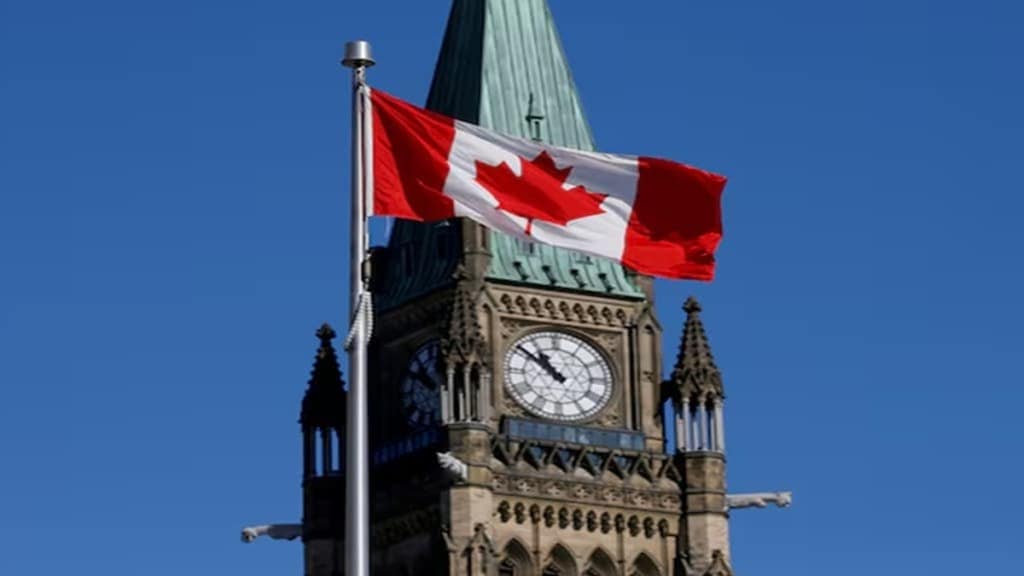Canada’s foreign student enrolment cap has taken a big hit. Canada issued slightly less than 268,000 new study permits in 2024, which is much less than the target established for the first year of the country’s cap on new overseas students.
According to data submitted to ICEF Monitor by IRCC, the total number of new study permits awarded in 2024 was 267,890, a -48% decrease from 2023 levels and approximately 100,000 study permits less than the official IRCC target.
The full-year data for 2024 are now available, and they reveal that the government has significantly exceeded its target for the year.
In January 2024, Canada’s immigration ministry (Immigration, Refugees and Citizenship Canada, or IRCC) announced a two-year limit on new study permits awarded to international students.
The declared goal of the program at the time was to achieve a 35% reduction in the number of new study permits issued in 2024 compared to 2023 levels. This essentially established a target of 364,000 authorized study permits for the year, excluding extensions and renewals.
But, in 2024, Canada ended with a 48% decrease from 2023 levels and approximately 100,000 study permits less than the official IRCC target.
Canadian institutions across the country are reporting significant declines in foreign enrolment, typically ranging from -30% to -50%, with the full effect of this decline not yet clear, reports ICEF Monitor.
Meanwhile, Canadian universities and colleges have experienced 8,580 job losses to date, with approximately 60% of these losses being attributed to public colleges in Ontario.
Reasons why Foreign Students are Avoiding Canada
The number of new study permit applications processed decreased by 32% due to the enrolment cap limits and a shift in student demand away from Canada. This could be due to concerns about obtaining a study permit under the cap, post-study work rights, and increased financial requirements.
The declining enrollment pattern is also observed in cap-exempt program areas like master’s and doctoral studies.
The other reason could be approval rates of study permit applications. In 2024, the approval rate for new study permits significantly decreased from 59.8% in 2023 to 48%, resulting in over half of all applicants being rejected, a significant factor in the year.
Going as per Plan
The cap, initially set for 2024 and 2025, was extended into 2026 by Immigration Minister Marc Miller, with cap limits set at -10% below 2024 levels.
Canada’s strategic immigration plan for 2025-2027 outlines specific targets for temporary residents, including international students and temporary foreign workers, for the first time.
The IRCC plan aims to decrease the proportion of temporary residents in Canada to 5% by 2026. The share of the temporary residents population, which reached 7.35% in late 2024, modestly declined to 7.12% by April 2025, still exceeding the 5% target.
Canada’s Prime Minister Mark Carney stated that the country will continue to work towards its 5% target, with a goal to achieve it by the end of 2027.
